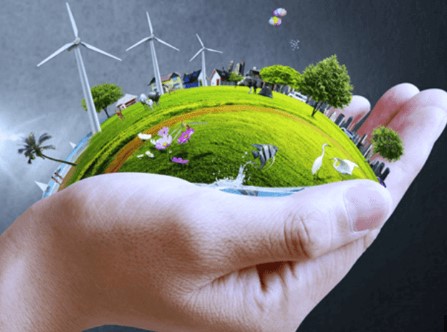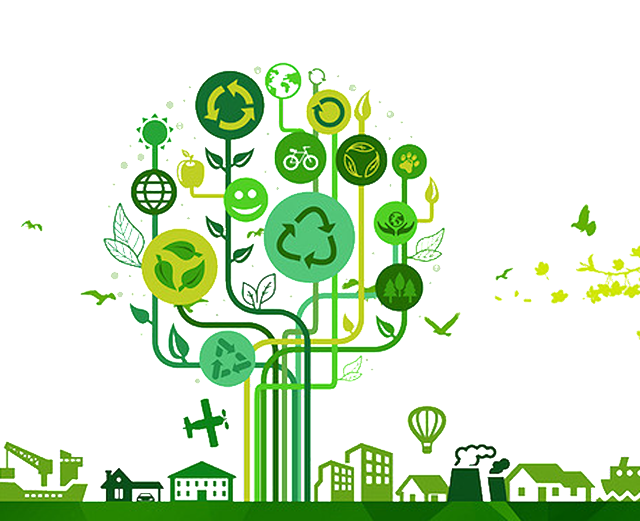CONNECT

Sustainability is a fundamental principle that seeks to meet the needs of the present without compromising the ability of future generations to meet their own needs. It encompasses a holistic approach that considers economic, social, and environmental aspects in decision-making and the development of policies and practices.
The importance of sustainability is vast and spans different areas of human life and the planet as a whole, aiming to protect and conserve natural resources while reducing the negative impact of human activities on the environment. This includes biodiversity preservation, ecosystem conservation, and mitigation of climate change.
By adopting sustainable practices, we can ensure that natural resources such as water, air, and soil remain available for future generations. This involves responsible management of natural resources and promoting energy efficiency and rational resource use.
Sustainability is also closely linked to sustainable economic development, which seeks to promote economic growth in an equitable and environmentally responsible manner. This includes investing in clean technologies, creating green jobs, and promoting social inclusion.
Some sustainable practices can improve people’s quality of life by providing access to healthy food, clean water, fresh air, and safe and healthy environments to live and work in.
Watch the video “What is Sustainability”:
CONTEMPLATE
• Do you understand the importance of sustainability?
• What are examples of successful sustainability initiatives in different parts of the world?
BUILD
Build the suggested prototype with the pieces from the structural robotics technology kit as a team, following the steps.
CONTINUE
At this moment, ask questions related to construction, as indicated in the planning.




